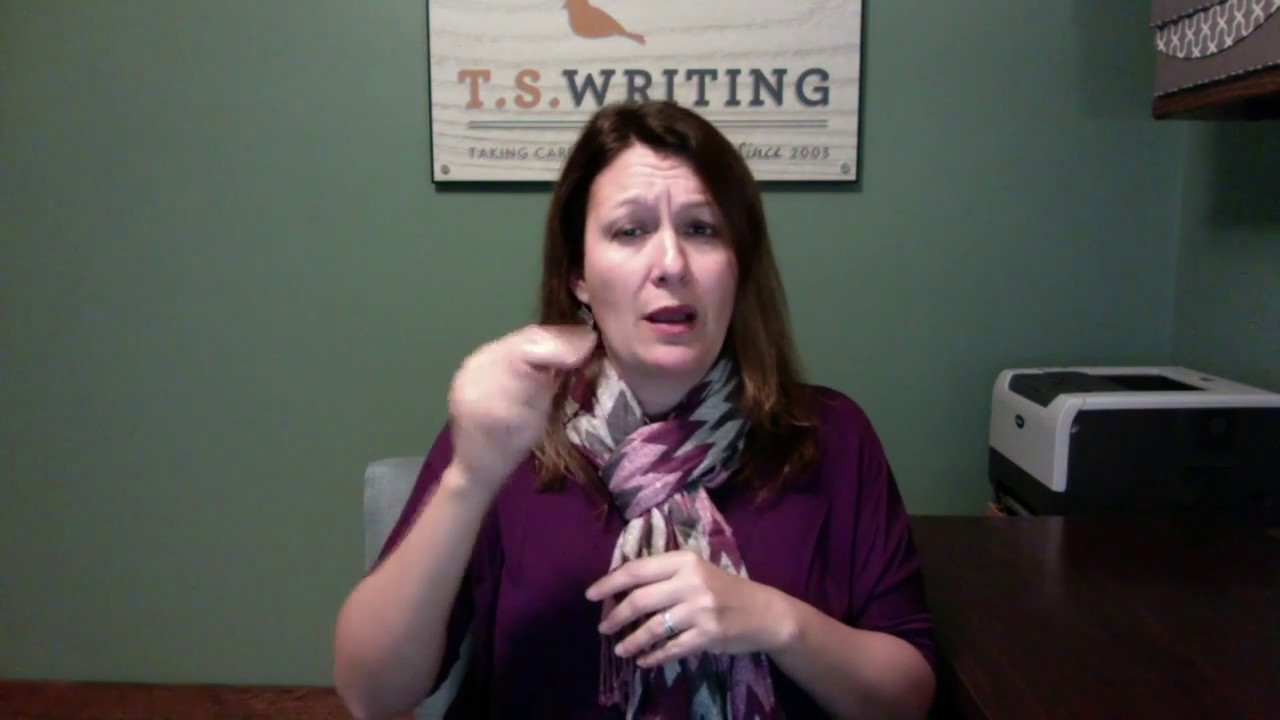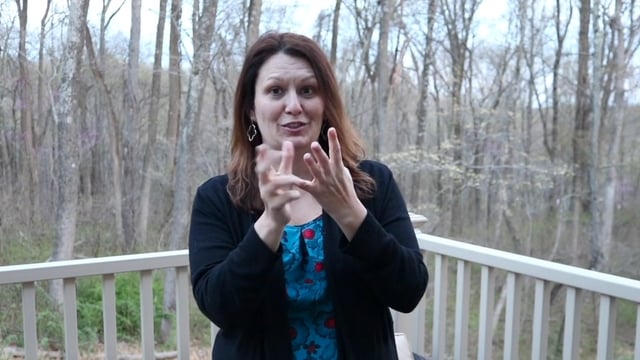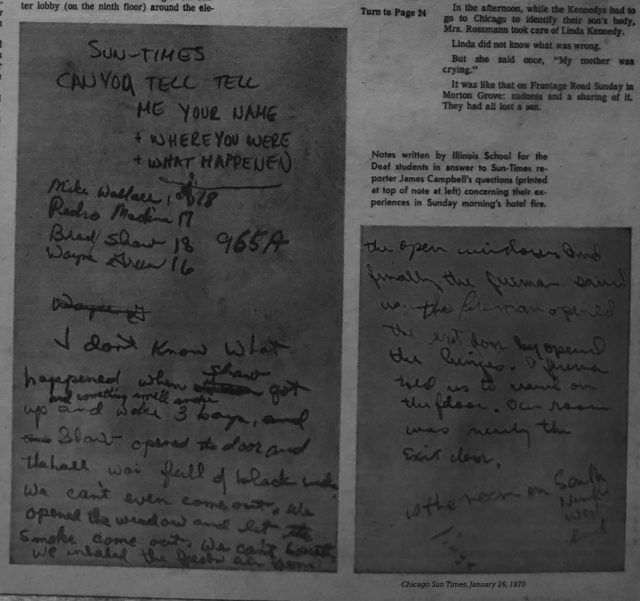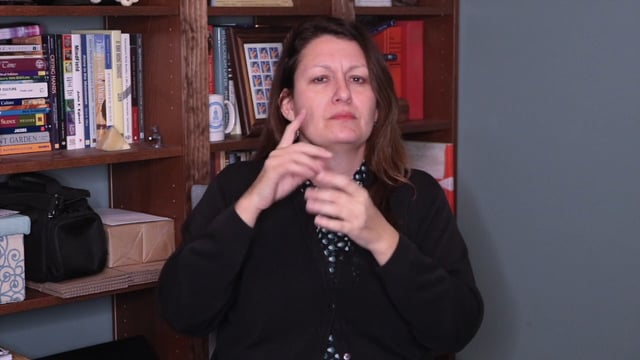This article originally appeared at i711.com.
As a Deaf person with Deaf parents, I’ve always felt a special kinship with children of deaf adults (CODAs). Maybe it’s because CODAs are bilingual and bicultural like I am, or because they share my experiences more than anyone, other than Deaf people who have Deaf parents. They have an intricate understanding of both worlds that I can really relate to.
My earliest friend was Joey, who was another Deaf of Deaf (DOD). Then the next earliest friends that I remember were Lori and Bobby. Lori, Bobby and I all played together every Friday night at the bowling alley, where our Deaf mothers bowled together. We would try to get quarters for video games, chase each other around the locker room in the back, and play all night long. I had a crush on Bobby, who would write me cute scrawled notes that said, “I LIKE YOU. DO YOU LIKE ME? YES NO (circle one).” Lori came from a poor family and was very bossy. Still, I was always in awe of Lori because she seemed to always know everything.
There were also John and Amy, who were moody siblings. I went to KinderCare, and I was very excited when their parents also enrolled them there, because that meant I’d have someone else to sign to. The first day Amy came into my daycare room, I ran up and started signing. She looked at me funny and pretended she didn’t know sign language. When she walked off, that was the first lesson I had about how CODAs struggled between two worlds as they grew up.
To this day, CODAs continue to be some of the most important people in my life. I always admire how they proudly wear “CODA” on their sleeves (or shirts or bags or necklaces, for that matter). This shows how CODAs have, rightfully so, gained acceptance as a group, and are perceived with great respect by members from all communities – hearing, hard of hearing and Deaf.
DODs are also an integral part of the Deaf community; in fact, DODs are at the core of the Deaf community, as research and cultural norms signify. Yet if we formed an organization for ourselves, we probably wouldn’t have as much respect as CODA International; in fact, we’d probably be looked upon with scorn by many.
Let’s say DODs decide to form an organization with conferences and chapters celebrating our roles and experiences growing up in the Deaf community. And then let’s say that I decide to wear a shirt that says “DOD” on it. Would I be looked on with contempt by those who aren’t culturally Deaf or aren’t from Deaf families? Would I be inadvertently and unintentionally putting them down by sending the message that, “Yeah, we’re better than you!” even if that isn’t how I feel or think?
You betcha.
DODs already face backlash from so many people who either accuse us of favoritism (because we naturally gravitate towards each other, just like CODAs and ethnic groups do), that we act as if we’re the ‘best of best,’ and countless other comments. Never mind there are definitely many hidden drawbacks that come with being from Deaf families, and that we’re only a small percentage of the Deaf community. We seem to elicit strong response from non-DODs. In fact, it’s almost become an “us against them” mentality, although this is not by our choice.
I’ve also gotten comments from people who say with longing, “Deaf parents? YOU’RE SO LUCKY!” I always nod and then change the subject because yes, I was lucky. I never had to struggle with communication with my parents or hearing relatives because they all were already familiar with how to talk with Deaf people. All of my arguments with my parents stemmed from normal child-parent issues, not from communication issues. So because of that, I try not to rub it in with people who tell me how they struggle even to this day with their families.
There have been times when I mention my boyfriend is third-generation Deaf and that I’m second-generation Deaf. I sometimes will get rolling eyes in response, accompanied by, “Of course! You would NEVER date a hearing or deaf guy who didn’t have Deaf parents!” when the opposite is actually true. This seems to be an experience that many other DODs who are partnered with DODs have had – this “oh, you’re so elite” perception of DODs. Yet if a CODA marries another CODA, it’s thought of as, “How sweet! How perfect!”
There are a thousand reasons why a DOD organization would be greatly beneficial to DODs like me, and a thousand reasons why it would catch such flak from people. Even so, I dream of having such an organization for DODs, much like the wonderful CODA International organization. Maybe someday I’ll be able to help organize one instead of talking about it. Until then, I’ll continue to live proudly as a DOD person, and learn from the remarkable emergence and growth of CODA International.
After all, MOTHER FATHER DEAF, SAME.
Copyrighted material, used by permission. This article can not be copied, reproduced, or redistributed without the written consent of the author.




